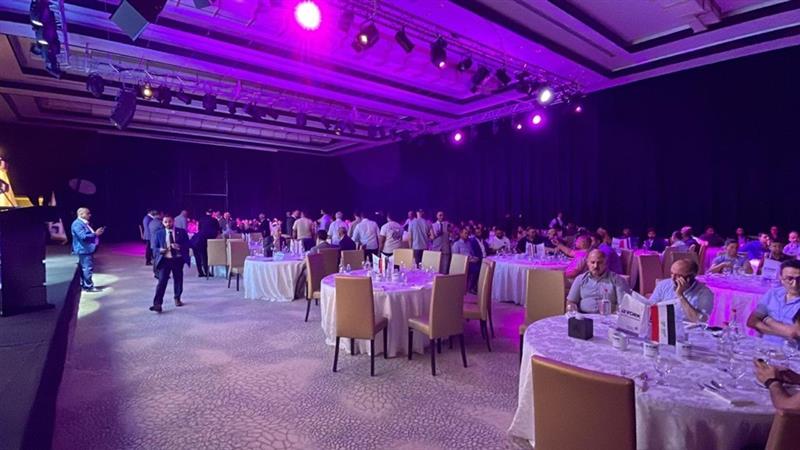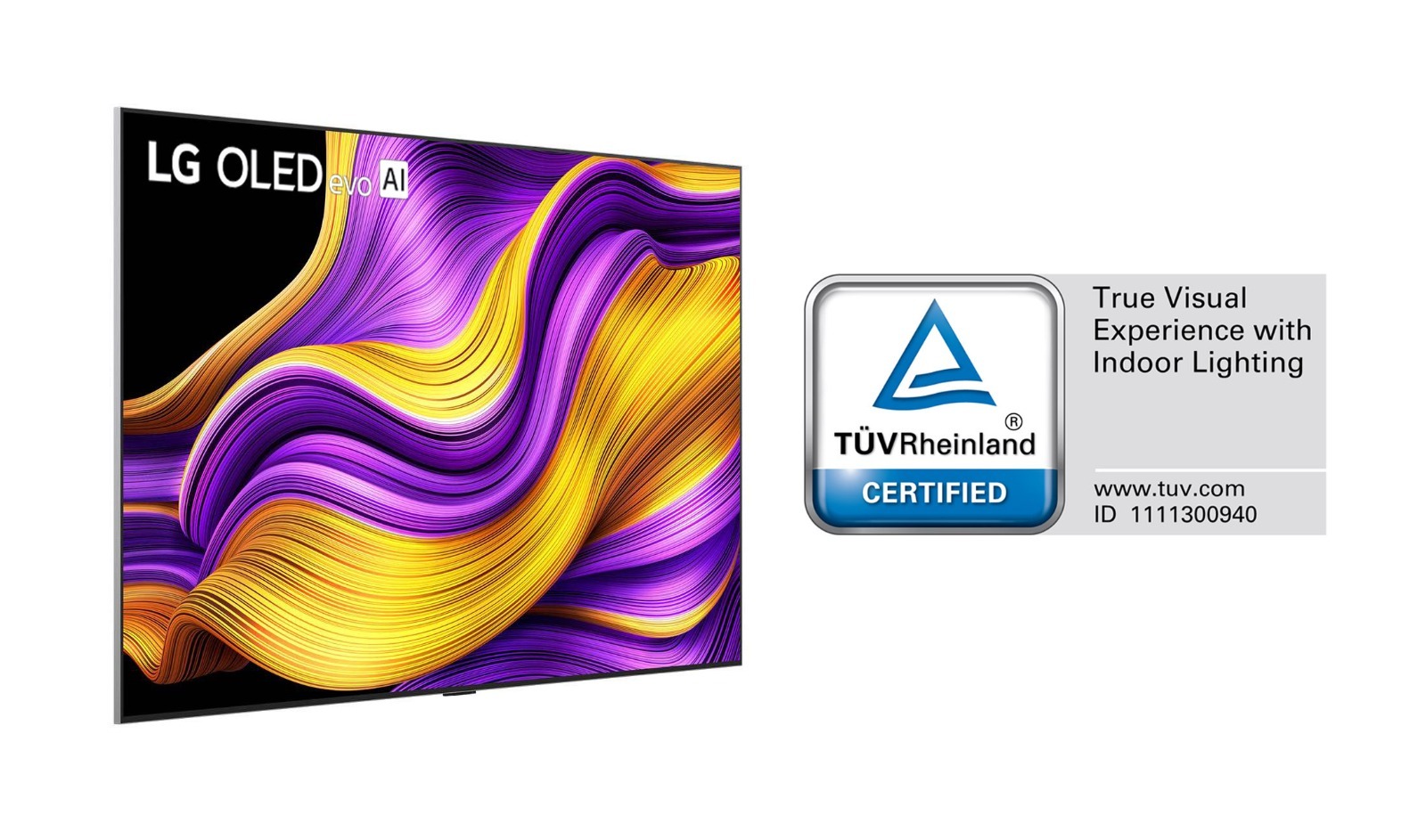-extra_large.jpg)
JOHNSON CONTROLS-HITACHI AIR CONDITIONING HITS TRAINING MILESTONE FOR HVAC PROFESSIONALS ACROSS THE MIDDLE EAST AND AFRICA
Rashad Iskandrni
2,500
trained professionals help to advance regional sustainability goals
DUBAI, UAE, 29 May 2025 – In line
with the UAE’s Net Zero by 2050 strategic initiative, Johnson Controls-Hitachi
Air Conditioning announced the successful training of over 2,500 professionals
at its showrooms and training facilities across the Middle East & Africa
distribution channels.
This milestone reflects the company’s growing role in
accelerating sustainable development across the Middle East and Africa (MEA),
where energy-efficient cooling is becoming a top priority.
With global cooling demand expected to increase drastically
by 2050, the International Energy Agency (IEA) warns that most air-conditioning
units in use today are two to three times less efficient than top-performing
models. Achieving net-zero targets, according to the IEA, requires both the adoption
of high-efficiency systems and a shift in building design and user behaviour,
such as adjusting thermostat settings and incorporating passive cooling
strategies[i].
“We are proud to see the region setting the benchmark for
sustainable building practices,” said Ahmed Aqel, general manager, Johnson
Controls-Hitachi MEA. “Our training programs are designed to accelerate that
vision by equipping professionals with the tools and knowledge to implement
HVAC solutions that not only reduce energy consumption but also support wider
behaviour and design shifts needed to reach net-zero.”
Located in the UAE — the first country in the MEA region to
commit to net-zero emissions - the training program provides an immersive
experience with cutting-edge HVAC technologies. It covers a range of offerings
range from residential to advanced variable refrigerant flow (VRF) solutions.
Designed specifically for the MEA region's extreme climate and rapidly
expanding urban areas, these systems cater to the soaring demand for efficient
cooling solutions.
The program is specifically designed to support engineers, consultants, and decision-makers in sectors such as real estate development, education, healthcare, and industry. In addition to technical mastery, participants learn about optimizing system performance, reducing operational costs, and aligning with national green building codes and sustainability frameworks.

“In the Middle East, where space cooling accounts for up to
70% of residential electricity consumption, HVAC is one of the largest
contributors to peak power demand[ii].
As the region’s cities expand and temperatures rise, scalable, efficient
cooling technologies are no longer optional — they are essential,” Aqel pointed
out.
Johnson Controls-Hitachi Air Conditioning has maintained a
strong presence in the MEA region for over a decade, delivering integrated HVAC
solutions to residential, commercial, and institutional projects. The company’s
diverse product portfolio and ongoing investment in knowledge development
reflect its commitment to shaping a low-carbon, high-efficiency future.
With the UAE’s growing momentum in green building policies,
Johnson Controls-Hitachi Air Conditioning is playing a pivotal role in
supporting the transition to smarter, cleaner infrastructure. The company’s
efforts resonate beyond technology: they empower human capital, support
sustainability policies, and enable a future-ready built environment.
##
[i] IEA
(2023), Space cooling, IEA, Paris https://www.iea.org/reports/space-cooling-2,
Licence: CC BY 4.0
[ii] Gesangyangji.
(2022). Future scenario of residential hourly cooling energy demand in the
United States (YSSP Report). International Institute for Applied Systems
Analysis (IIASA). https://pure.iiasa.ac.at/id/eprint/18301/1/Gesang_YSSPReport_final.pdf




 Rashad Iskandrni
Rashad Iskandrni



 Rashad Iskandrni
Rashad Iskandrni.jpeg)